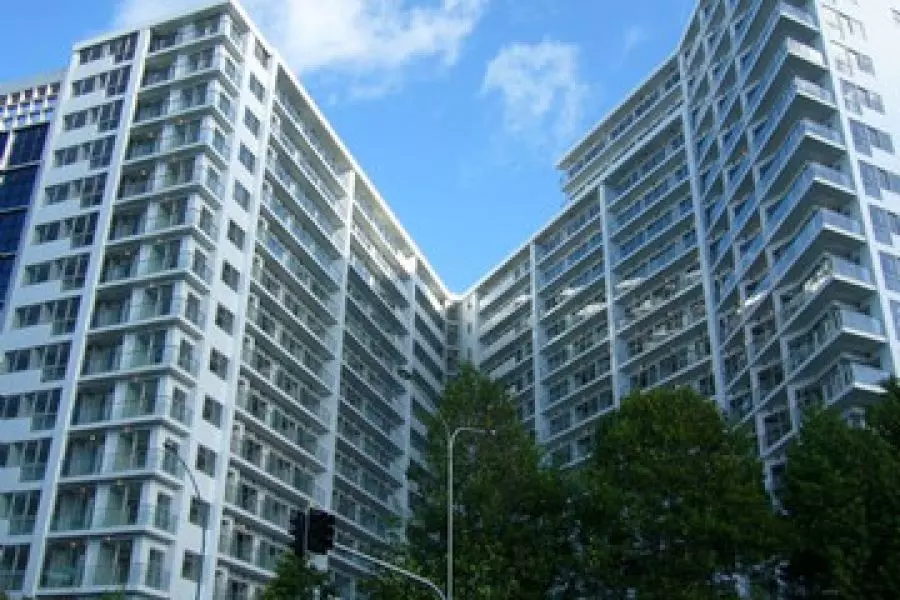News
Rents surge for urban living options

Wednesday 20th of September 2017
A surge in the popularity of apartments is driving this, according to this month’s Trade Me Property Rental Index.
The national median weekly rent for an apartment has increased by 7% year-on-year and by 20% in the last three years to reach a new national record of $460.
But the national median weekly rent for a unit has gone up by 2.9% to hit $360, while the national medi...
Want to read the full article?
Click the button below to subscribe and will have unlimited access to full article and all other articles on the site.









![[The Wrap] Bye Bye Bayly](https://goodreturns.publit.io/file/c_fill,w_900,h_600/39f23ac1-f7c7-4854-b700-a150004ebbac.webp)